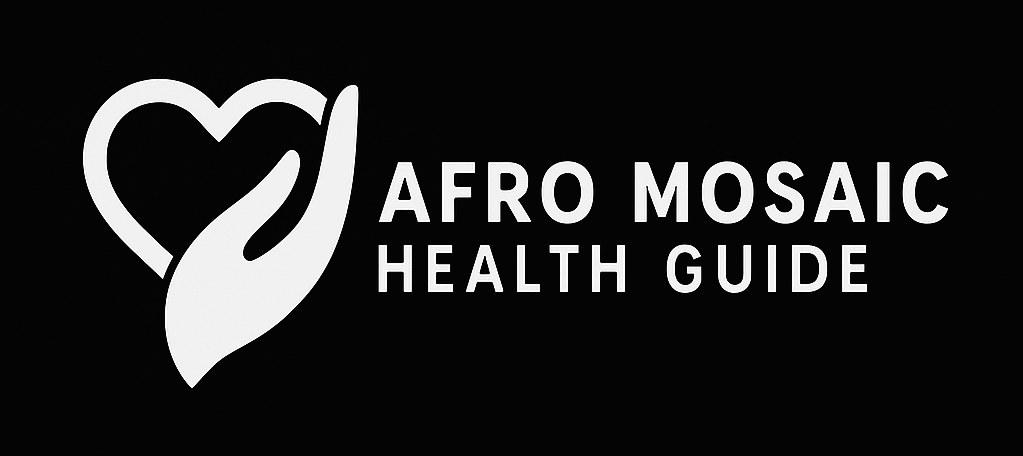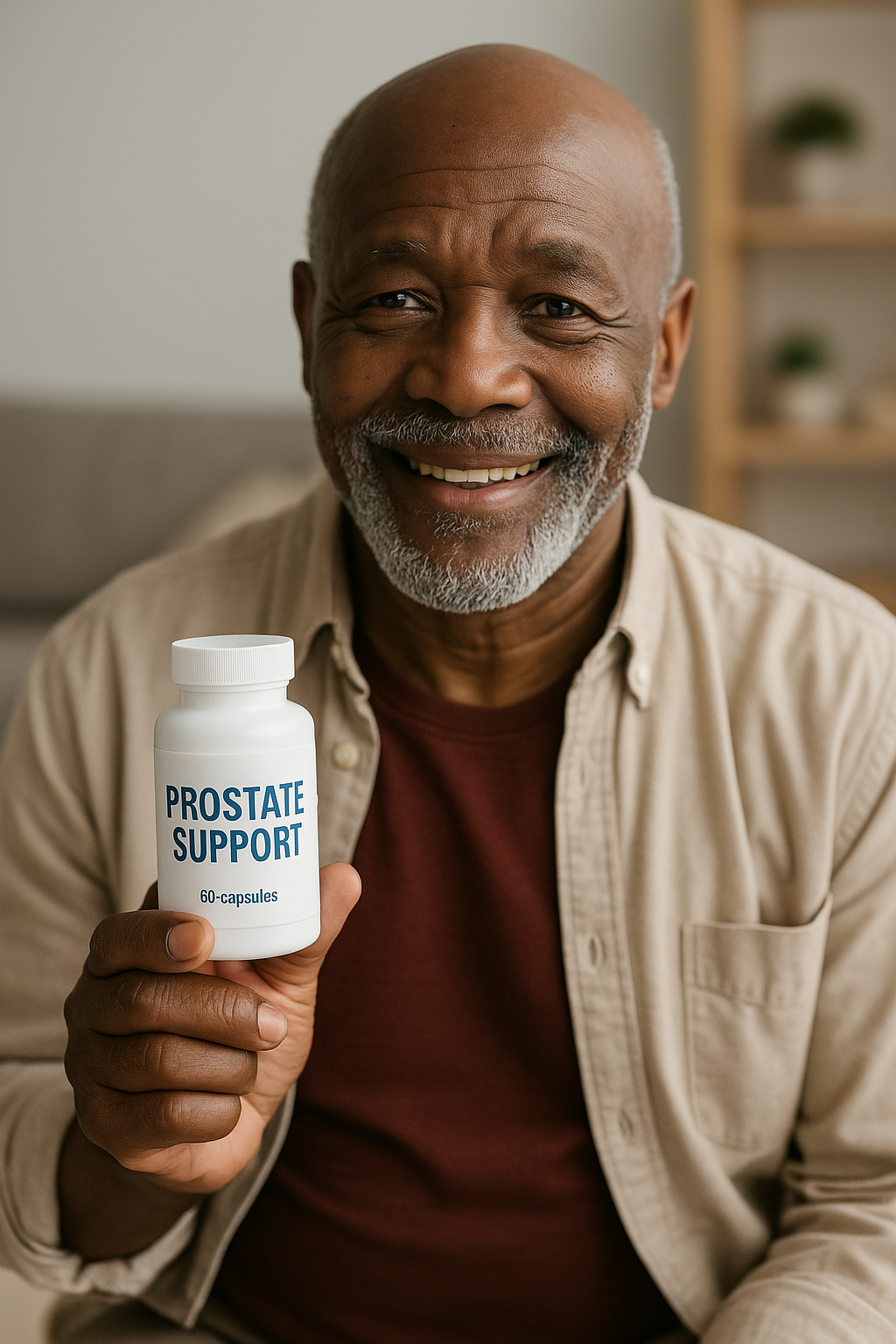Acetaminophen (Tylenol) is one of the most trusted names in pain relief—but trust doesn’t mean you can take it lightly. Adults reach for it to ease headaches, soothe sore muscles, tame fevers, or calm arthritis pain. It works. It’s fast. And it’s everywhere—from your bathroom cabinet to countless cold-and-flu remedies.

But here’s the part many people miss: too much acetaminophen can be dangerous. Your liver is the body’s natural filter, and acetaminophen, while safe in the right dose, can overload it quickly. Exceed the daily limit—even by “just a little”—and you risk serious, sometimes irreversible liver damage.
The golden rule? Read the label. Most adults should not exceed 3,000 to 4,000 mg in 24 hours. If you’re drinking alcohol or already on medication that stresses the liver, even less may be safer. That’s why doctors warn: always check other products—many cold, sinus, or sleep aids hide acetaminophen under names like “APAP.” Double-dosing without realizing it is a common mistake.
On the flip side, when used wisely, acetaminophen is a lifesaver. It’s gentle on the stomach compared to aspirin or ibuprofen (advil), making it the go-to choice for people with ulcers, heart conditions, or those sensitive to anti-inflammatory drugs.
Bottom line: acetaminophen (Tylenol) is powerful, reliable, and safe—but only if you respect the limits. Think of it as a key: use it correctly, and it unlocks relief. Use it carelessly, and it can lock you into a health crisis you never saw coming.
What Older Adults Should Know About Acetaminophen

Is acetaminophen (Tylenol) safe for older adults?
Acetaminophen is safe for most older adults when taken as directed, Powers says. However, there are a few risks and potential side effects, which is why it’s always important to talk to your doctor before taking any medication.
- Liver damage: Acetaminophen can cause liver damage, so some people need a lower dosage or shouldn’t use it at all. Ask your doctor if you should take acetaminophen if you have liver disease or consume three or more alcoholic beverages per day. Drinking alcohol causes the liver to convert more of the acetaminophen into toxic byproducts, which can accumulate and cause damage to the organ.
- Drug interactions: Nonprescription medications for pain, colds, coughs and fever can interact with acetaminophen, as can some prescription drugs. Many medications contain acetaminophen, so be aware if you’re taking one of those before you take plain acetaminophen, because taking both could mean you’re getting too high a dose.
- Diabetes risks: Taking acetaminophen could be risky if you have diabetes. A 2019 study in the Journal of the American Geriatrics Society found that acetaminophen was linked with a higher risk of stroke in elderly nursing home residents who had diabetes.
- Bleeding risks: The medication may raise your risk of bleeding in the digestive tract. A 2024 report in Arthritis Care & Research on 180,483 people over age 65 showed an association between those who took acetaminophen regularly and a higher risk of peptic ulcer bleeding and lower gastrointestinal bleeding.
- Blood pressure risks: That same study found a link between acetaminophen use and high blood pressure. A 2022 report in Circulation showed that those with hypertension who took acetaminophen daily for two weeks had increases in blood pressure.
- Chronic kidney disease risk: The 2024 report in Arthritis Care & Research and a 2020 report on five studies in Kidney Research and Clinical Practice highlighted a link between acetaminophen use and chronic kidney disease, though it’s rare. source aarp.org















